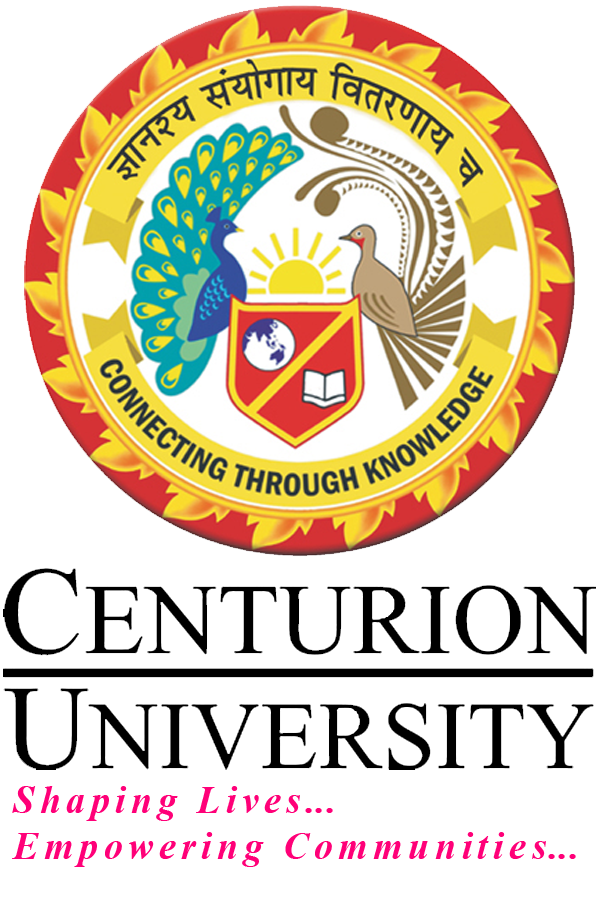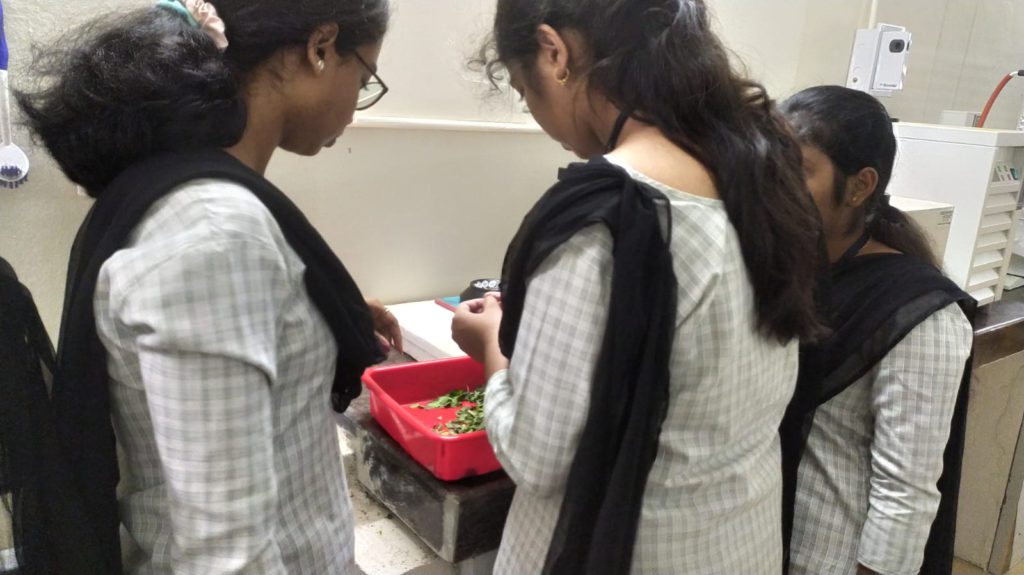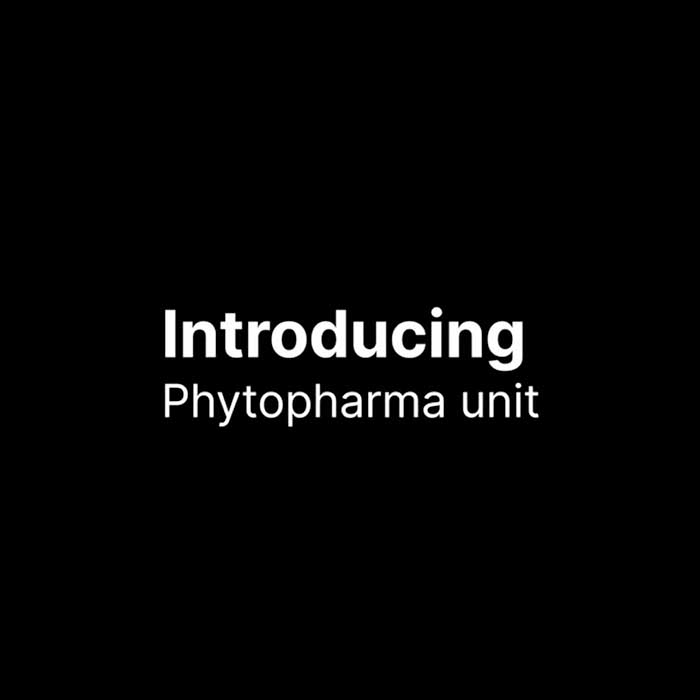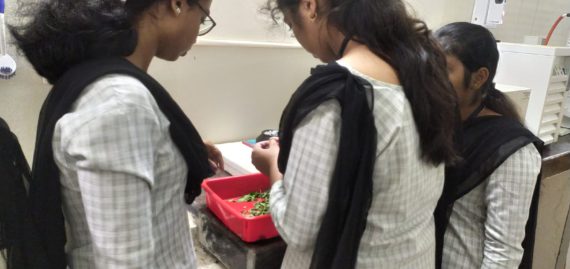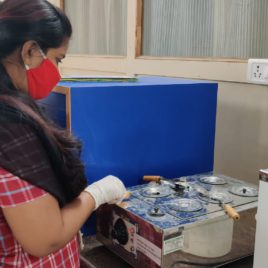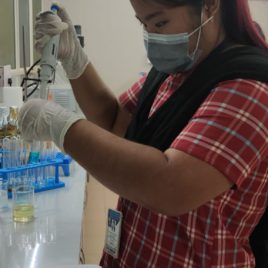Projects and Products Validation: (3+17) (AELP linked)
- Develop personalized food and beverages rich in Antioxidants and Polyphenols
- Develop low-cost omega-3 capsules from fish oil that can reduce inflammation and improve hypertriglyceridemia
- Develop immune boosters
- Develop energy bars
- Extraction of Antioxidants and Polyphenols from different sources. (eg: Ramie, Dragon Fruit, Berries)
Subject 1: Introduction to Nutraceutical (1+2)
Theory:
Organizational elements, classification of nutraceuticals, dietary supplements, fortified foods, functional foods, and Phyto-nutraceuticals. The scope involved in the industry, Indian, and global scenario, Food Chemistry, Preservatives, food colors.
Practicals:
- Milk Analysis: Determination of fat, acidity, lactose, protein, adulterants
- Analysis of water: Collection of the sample, preliminary examination, Total soluble solids, Determination of total hardness, chlorides, dissolved oxygen
- Analysis of fats: acid value, saponification value, iodine number, antioxidants
- Analysis of foods: Determination of reducing and non reducing sugar, protein, determination of ash/total protein/moisture in dietary fibers
- Anti-nutritional Factors: Trypsin inhibitor, Phytic acid, Antifungal activity of cystatin
- Vitamins: Ascorbic acid by colorimetric method, estimation of Vit A/E
- Pigments: Curcumin, chlorophyll, carotene
Subject 2: Functional Food (1+2)
Theory:
- Prebiotics- Definition, chemistry, sources, metabolism and bioavailability, the effect of processing, physiological effects, effects on human health, and potential applications in risk reduction of diseases. perspective for food applications for the – Non-digestible carbohydrates/oligosaccharides, Dietary fiber, Resistant starch, Gums.
- Probiotics- Taxonomy and important features of probiotic microorganisms. Health effects of probiotics including mechanism of action. Probiotics in various foods: fermented milk products, non-milk products, etc. Quality Assurance of probiotics and safety.
- Drug Discovery - Issues, Target and Lead Identification, Drug And Databases, Drug Properties, Drug Solubility/permeability, ADME, Molecular Modelling, Quantitative Structure-Activity Relationship, Target-based drug design, Docking. Pharmacokinetics/ pharmacodynamics, Discussion on Molecular Drug Designing, Targeted drug designing, Application
Practicals:
- Extraction Techniques: Soxhlet Extraction, Cold Press Extraction, Super Critical Fluid Extraction, CO2 Extraction
- Isolation and Purification of Phytochemicals: TLC, Paper Chrom, Column Chrom, HPLC, Analysis of Aflatoxin
- Validation of Phytochemicals: Using different microorganisms and mammalian cell lines
Subject 3: Nutrigenetics (1+2)
Theory:
Introduction to Nutrigenetics, Nutrigenomics, Concept of Personalized food with special references to athletes. Introduction to different types of public domain databases, data mining strategies, primer designing.
Practical:
- m-RNA extraction from treated mammalian cell line
- Preparation of c-DNA
- Study of Gene expression in Real Time PCR
- Electrophoresis
